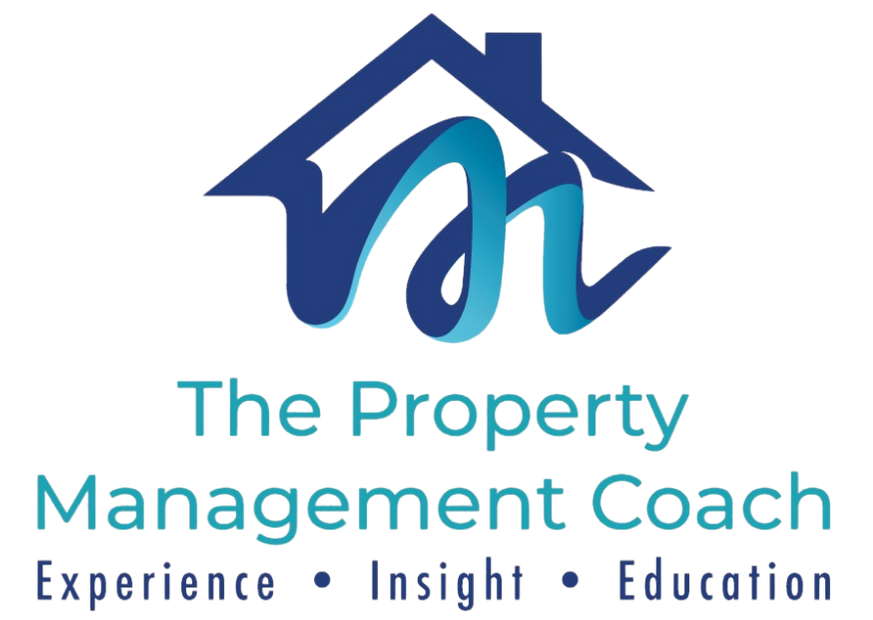We’ve been conditioned to see the start of a year as a time to set our goals for the year ahead, and we hear a lot from people about how we have to set our goals and be ready to start them in the new year.
Then, from about this time of year, around the middle of January, I start hearing from people who set new year goals or resolutions but have struggled to keep to them – whether it’s a personal or a professional goal they’ve set, by abut the end of the second week of the year, they start to stumble and get frustrated with themselves for doing so.
Part of their challenge is that while they’ve listened to others saying they’ve got to have their goals set, and they have the best of intention to get to the new behaviour or target they’re chasing, they’ve either not been given the tools or possibly not understood the process to actually reaching their goal.
So let’s break this down a little bit and make it easier to understand. There’s a 5-step process which has been around for a while called “SMART”, and it’s probably the most commonly used method of setting and reaching goals, and it’s one I use both personally and with my clients.
The acronym “SMART” stands for Specific, Measurable, Achievable, Realistic and Time-Driven. To reach a specific outcome, you need to start with a series of questions which I‘ll briefly explain. I use a worksheet which breaks down each point which I can make available but this is the way it works…
For the “S” or being specific, ask yourself “what is it I really want to achieve?” You’ll probably (hopefully) end up with a list of objectives, each one of which will be a separate goal, so treat them separately. Get really, really specific. Paint a word picture of what the goal looks like, a really detailed one; not just “I want to save money/lose weight/ buy a new car” but define clearly how much money you want in the bank, the amount of weight to the kilo that you want to lose, or the make, model and colour of car you want or whatever your goal is – the point is to be really clear on the outcome. Then ask yourself why you want to achieve that outcome – asking the “why?” and also “how will I feel when I get there?” and then attaching feelings and emotions to the result will help cement it in your mind and make the next steps easier.
Now, on to the “M” – Measurable – one of the points I make with clients is “what gets measured, gets done” because defining the critical points of progress of a project or outcome makes gauging your success along the way far easier, establish way-points or milestones so that you can keep track of your progress, and these will keep you aware of how far you are toward your goal, and how you actually know when you’ve reached your target.
OK, now the “A” – Achievable – we need to check with ourselves that the goal is within our reach, and that we’ve got the tools to reach our goal, so asking what’s required to get there, what steps we need to take, and – importantly – who we need to become are all vital answers.
Next is the “R” – is the goal Realistic… key questions to ask yourself here are whether this new outcome or behaviour in harmony with our long-term objectives, or do we even know what our long game is? We’ve already defined the tools we need to reach the goal, but we also need to check that they are readily available to us, whether the goal is worth our time and whether the time is right for us to start on the path toward our outcome.
And finally the “T” … Time. If we can clearly define how long it will take us to reach our goal we can then start to tie all the other questions together – is it a long-term goal, something which will take the full year or more – or less, is it something short-term, say that we can achieve within a couple of months? And how much time will we nee to commit to the process on say, a weekly or monthly basis? And is the amount of time going to be worth the outcome?
So that’s the process in a nutshell, there is one other part to this which is missed in the SMART method, and that’s the accountability aspect.
The easiest way to stay the course is when you’ve got someone who can keep you on track – that can be a friend or colleague or a coach (oh, me..!) but your accountability partner has to be even in their approach to this, as there may be times when you start to lose motivation or direction and their role is to be objective and not emotionally invested in the outcome to make sure that you keep on track, and when you drift, to get you back on course as quickly and gently as possible.
Good luck, I hope this has helped you get some clarity around how to get to the next part of your life.
If it helps, I have a worksheet which I’ve designed that I can send you, just drop me a line through my site or email me on kirk@thepmcoach.com.au and I’ll send it over.
Remember too, that you can start at any time, it doesn’t have to be New Years Day; while that’s a convenient start-point, the truth is that it’s only a day and you can start a new project or goal or undertaking at any time, so don’t think you’ve missed the boat – this starts when you’re ready, something I’ll touch on next time…
